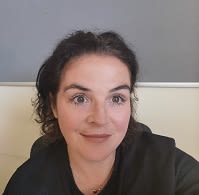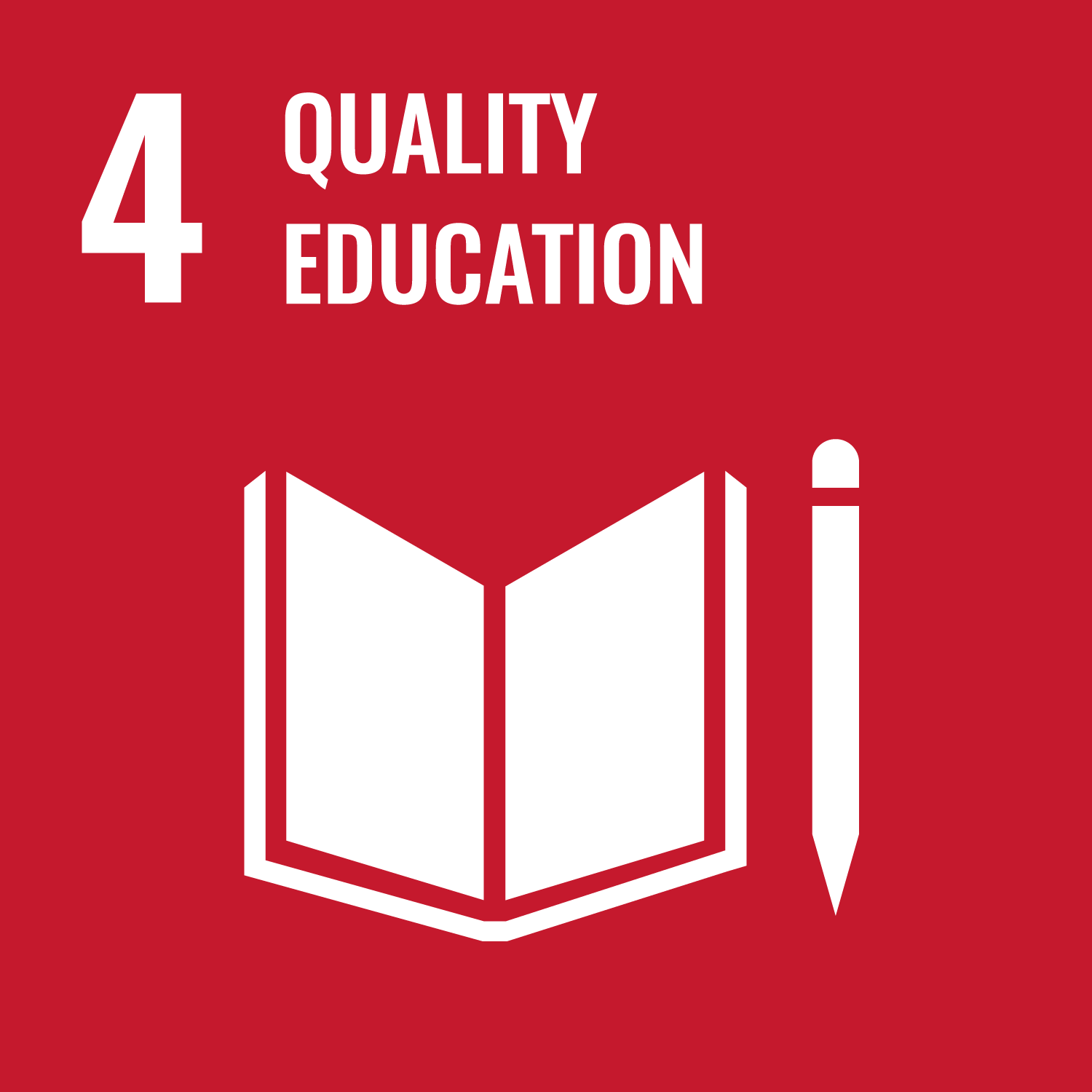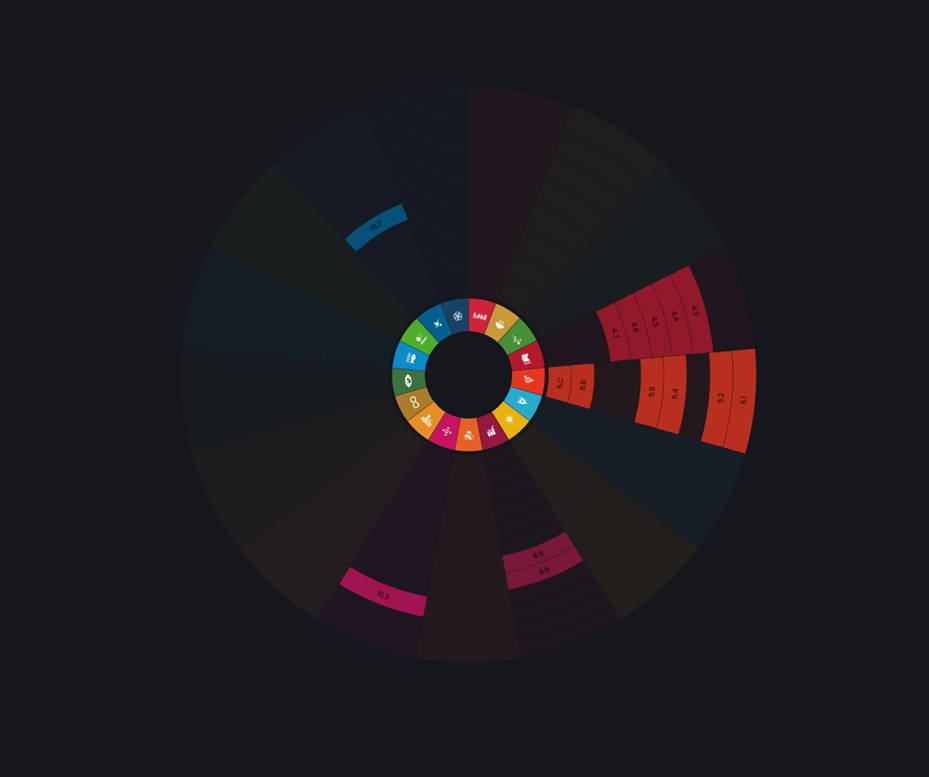Dr Fiona Sheridan
Lecturer in Management
J.E. Cairnes School of Business and Economics, University of Galway



Fiona's research interests and peer-reviewed publications are in the areas of leadership and gender, prejudice and stereotyping and gendered language in the workplace. An evolving area of interest for Fiona is leader identity development in young adults and the role that crucibles play in the lifespan stages of leadership development. Fiona is also specifically exploring the centrality of loss in young adults' crucible experiences.
Fiona's research interests inform her teaching, not just through the content, but through her delivery and design of the modules, where the classroom culture that she attempts to create allows inclusive and cooperative leadership and education to shine through, where experience and knowledge are leveraged between lecturer and students. Humility, authenticity, vulnerability, self-awareness, creativity, innovation and compassion are key to this classroom experience and are to the fore of Fiona's design, delivery and assessment choices.
Fiona's work contributes to these SDGs

Fiona was awarded a Teaching Hero Award in 2020, from the National Forum for the Enhancement of Teaching and Learning in Higher Education and the Union of Students in Ireland and has been nominated for other teaching awards since, including:
2024: Nominated for the College/President’s Award for Teaching Excellence.
2022: Nominated for the CBPPL Dean’s Award for Inclusive Teaching.
2022: Nominated for the College/President’s Award for Teaching Excellence.
Programme Director, MSc Human Resource Management I lean in to this role with my utmost commitment to the students and to the School.
Accreditation: Acquiring accreditation from CIPD and alignment with SHRM acknowledges our integration of the principles of sustainability and responsible practices that CIPD and SHRM view as central to their accreditation criteria. By meeting these standards we are demonstrating our commitment to addressing key global challenges outlined in the SDGs.
SHRM (Society for Human Resource Management) alignment for the MSc Human Resource Management. With a view to maximising the attractiveness, reach and credibility of our MSc Human Resource Management programme, I was successful in my submission for SHRM alignment, making us the third Irish university to have acquired this alignment and one of the first ten programmes in Europe.
CIPD re-accreditation lead for the MSc Human Resource Management: I led the CIPD reaccreditation for the MSc Human Resource Management.
New Programme Awards Sponsorship: CIPD Award for the Best Applied Management Report for MSc Human Resource Management and CIPD Award for the Best Applied Management Report for MSc Strategy, Innovation and People Management. I successfully acquired this new sponsorship with the CIPD in early 2022. The first awards were given to the 2022-2023 graduates.
Programmatic Review and Development: Lead for the MSc Human Resource Management programmatic review: leading the redesign of a contemporary, competitive and bespoke new MSc Human Resource Management programme that meets market, student and employer needs, with new modules such as Sustainable Human Resource Management has been a very rewarding and informative experience for me.

Teaching

Leading Individuals Teams and Project
Leadership and Change
Human Resource Practice
My commitment to developing and delivering quality modules aims to ensure inclusive and equitable quality education and promote lifelong learning opportunities for all. By engaging students at all levels and striving for excellence in teaching, I contribute to the advancement of SDG 4. Receiving teaching awards and nominations validates my efforts to this end, and helps to foster a culture of excellence in teaching within the Discipline of Management and beyond, which is essential for achieving SDG 4.
My research-led perspective and application of a courageous classroom model emphasises critical thinking, reflection and leadership development among students. These skills are crucial for addressing complex global challenges outlined in various SDGs, such as poverty (SDG 1), gender equality (SDG 5) and climate action (SDG 13). My teaching philosophy emphasises not only imparting knowledge but also empowering students to engage critically with course material and apply their learning in practical contexts. This approach fosters active participation and ownership of learning, contributing to SDG 4 by promoting student empowerment and agency. By constantly striving to improve the quality of my teaching through innovative methods and pedagogical developments, I am contributing to SDG 4 by ensuring that education remains relevant, dynamic and responsive to evolving needs and challenges.
Leading Change and Business Transformation
Organisational Psychology
I aim to optimise the attainment of learning outcomes for each course through the strategic development of assessment methods, ensuring that students acquire not only knowledge but also skills and competencies relevant to their personal and professional development, aligning with SDG 4 objectives. By employing a variety of innovative teaching methods tailored to different student groups I aim to enhance inclusivity and accessibility in education, supporting SDG 4 objectives of ensuring equitable access to quality education for all, irrespective of background or abilities. Activities that include deep introspection by students on their capacity to lead self and others contribute to personal development and wellbeing, as well as early-stage leadership development, aligning with the broader SDG agenda, including goals related to health and wellbeing (SDG 3) and personal growth (SDG 17).
These modules support Targets 4.5 Eliminate all discrimination in education, 4.6 Universal literacy and numeracy, 4.7 Education for sustainable development and global citizenship; 5.5 Ensure full participation in leadership and decision-making; 3.4 Reduce mortality from non-communicable diseases and promote mental health; 17.15 Respect each country's policy space and leadership to establish and implement policies for poverty eradication and sustainable development; 13.3 Improve education, awareness-raising and human and institutional capacity on climate change mitigation, adaptation, impact reduction and early warning
Engagement
I feel hugely enriched by working with different groups of students, from those with socio-economic or other disadvantage, to undergraduates, postgraduates (pre- and post- experience), adults returning to learning and employment, and as such, I tailor my contributions and design accordingly. My industry experience stands to me in terms of my ability to draw from experience in the practical application of academic concepts and theories and thus strengthens my ability to engage in experiential teaching and practice, as well as skill development (transdisciplinary, business, management and employability).
Crucibles and Leadership Development in Young Adults
Open Mic @ MG2100
Open Mic @ MG3121
My inclusion of new interventions such as “Open Mic @ MG2100/MG3121" and the crucibles and leader identity development work with students has been received positively by students and peers, and is a means for me, as lecturer, to include methods of appreciative enquiry that not only aim to enhance learning for students through engagement, reflection, connection and practice, but also serve as a valuable means of operationalising international best practices in education and changing pedagogies, and the important and transferable core values and graduate attributes that we set out in our strategic plans and mission statements at both SBE and University levels.

Direct impact SDG Targets
4.5 - Eliminate all discrimination in education
4.6 - Universal literacy and numeracy
4.7 - Education for sustainable development and global citizenship
5.1 - End discrimination against women and girls
5.5 - Ensure full participation in leadership and decision-making
5.C - Adopt and strengthen policies and enforceable legislation for gender equality
8.6 - Promote youth employment, education and training
10.3 - Ensure equal opportunities and end discrimination
16.7 - Ensure responsive, inclusive and representative decision-making
SDG Targets (Indirect)
4.3 - Equal access to affordable technical, vocational and higher education
4.4 - Increase the number of people with relevant skills for financial success
5.2 - End all violence against and exploitation of women and girls
5.4 - Value unpaid care and promote shared domestic responsibilities
5.B - Promote empowerment of women through technology
8.5 - Full employment and decent work with equal pay

Research

Featured Publications
|
Peer-reviewed publications |
SDGs |
|---|---|
|
Sheridan, F. (2012). Prejudice against women leaders: Sex of voice. In Vinnicome, S., Burke, R. and Moore, L. eds. Handbook of Research on Promoting Women’s Careers. Edward Elgar. |
10.1,10.3; 5.0, 5.1 |
|
Sheridan, F. (2007). Gender, language and the workplace: An exploratory study. Women In Management Review, 22(4), 319-336. |
10.3; 5.5 |
|
Papers in progress |
SDGs |
|---|---|
|
Sheridan, F., Garavan, T., Blenkinsopp, J. (2024). Crucibles of Loss: Unveiling the Impact on Young Adults’ Leader Identity. |
4; 8; 16 |
|
Sheridan, F., Blenkinsopp, J., Garavan, T. (2024). The Crucibles of Leadership: An educational expression of leadership and reflection in higher education. |
4; 8; 16 |
|
Sheridan, F. (2024). Language and Leadership: Unpacking Gender Bias in Perceptions of Female Leaders. |
4; 5; 8; 10; 16 |
|
Conferences |
|---|
|
Sheridan, F., Blenkinsopp, J. (2022). Crucibles of Leadership: authentic leadership development for undergraduate students, Irish Academy of Management Conference. Trinity College Dublin, 24-25August 2022. |
|
Sheridan, F., Blenkinsopp, J. (2022). Crucibles of Leadership: authentic leadership development for undergraduate students, Irish Academy of Management Conference. Trinity College Dublin, 24-25August 2022. |
|
Maguire, M., Clancy, J., Sheridan, F. (2022). Social Impact through Regional Collaboration: A Case Study of how Bricolage and Mission Drift affects social impact across the Galway City ARISE Collective. Irish Academy of Management Conference, Trinity College Dublin, 24-25 August 2022. |
|
Sheridan, F. (2021). Leadership and vulnerability; paradigms and perspectives. Irish Academy of Management Conference, Waterford Institute of Technology, 25-26 August 2021. |
|
Sheridan, F. (2020). New paradigms of leadership; transformational leadership and vulnerability. Irish Academy of Management Conference, Dublin City University. |
|
Sheridan, F. (2010). Role Incongruity of Leadership; the role of gendered language, presented at the Irish Academy of Management Conference. Cork Institute of Technology, September 2010. |
|
Sheridan, F., Schermerhorn, J. (2007). Gendered Language and Perceived Leadership Role Incongruities: Challenges for Women in Management. Irish Academy of Management, Belfast, 6-8 September 2007. |
|
Sheridan, F. (2006). Gender, language and the workplace. Irish Academy of Management Conference, University College Cork, September 2006. |
|
Quinn, M., Sheridan, F., Gaynor, S. (2006). A survey of workers’ employment outcomes in the Irish hotel sector. Irish Academy of Management Conference, University College Cork, September 2006. |
|
Sheridan, F. (2006). Similarities and differences between men’s and women’s use of language in the workplace. European Academy of Management (EURAM), Oslo, Norway, 17-20 May 2006. |
|
Sheridan, F. (2004). Gender and language. Irish Academy of Management Conference, Trinity College Dublin, September 2-3. |
